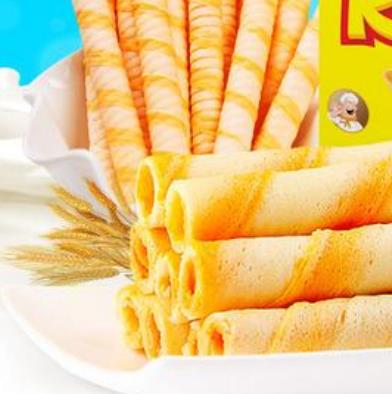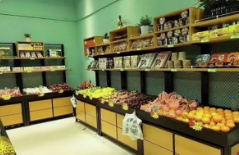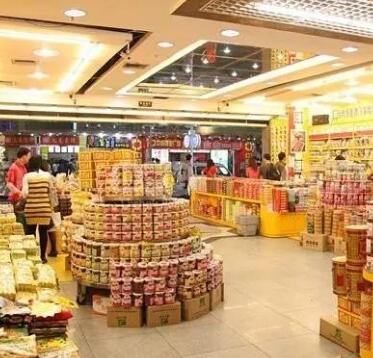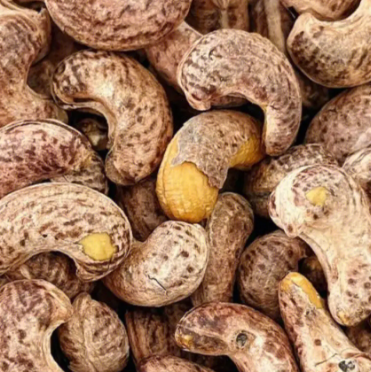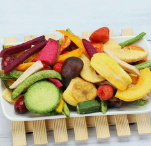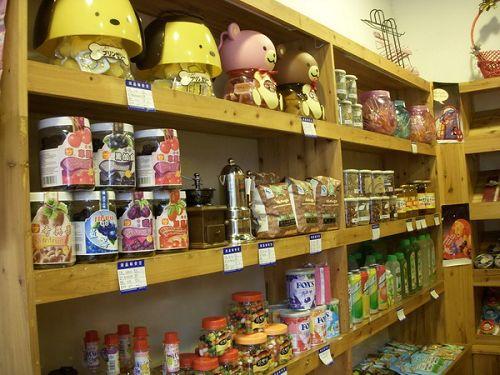On May 23, Dongfang.com reported: According to the Shenjiang Service Guide, the microblog is updating the "blacklist" of toxic food every day, and the newspaper has sensational headlines every day. Wu Heng, a college student, once again became popular on the Food Safety website after a year. Milk, bean sprouts, pork, cabbage, melon seeds... You don't know who will be shot next. When domestic food safety issues challenge people's bottom line and whip people's nerves again and again, when rumors accompanied by the truth make everyone dizzy. Standing on the threshold of food selection, people began to vote with their feet. More and more people began to choose to buy imported food. Imported food supermarkets, imported food special zones of shopping websites, Taobao stores and imported food exhibitions, which can purchase imported food, have become popular in the past two years. Imported food has become more and more popular, even forming a fixed group of buyers. Single white-collar workers, mothers who have just given birth, and even retired elderly women are all members of this group.
Crazy Mommy, only buy imported food
Zhu Jie is crazy about imported food. Since the baby was born, all the baby food she chose were imported: Australian milk powder, American rice noodles, Italian beef puree, German fruit puree, and even the water for cooking porridge were bottled Evian water from France. As a primary school teacher, she spent almost all her time searching for all kinds of imported food. This obsession has spread from the baby's diet to the dining tables of the whole family, from staple grains to meat, milk and even spices. "I was frightened by the domestic food safety problems. When I was pregnant, I dreamed that my baby drank milk powder with melamine."
Some people think Zhu Jie's behavior is too extreme, but such "crazy moms" are not rare. They often meet on childcare websites. Where to hand in good baby supplements, which Taobao store can mail and package them in time, and which agency can buy them to replace them. "I hope that when the children are older, the wife will get rid of the fever." Zhu Jie's husband said that he was also worried about food safety in China, but in the long run, he could not bear it: "Our monthly salary adds up to more than 10000, and more than half of it is spent on food."
Part time housewife goes shopping twice a week
Ms. Wang, a sports reporter, goes to the city supermarket twice a week, passing all kinds of foreign housewives and middle-class mothers, and buying their healthy life home.
Ms. Wang's shopping list is not complicated. Milk and bread, which are expensive and difficult to keep, are bought for three days at a time. Melons, fruits, vegetables and meat are purchased once a week. "There are a few things I will definitely choose to import. First, dairy products. Milk is generally bought from New Zealand's Anjia brand or French President brand, for 30-40 yuan a box (1L). Butter, butter and butter are also more than 3 yuan a box. Second, condiments, such as Japanese miso sauce, are 20 to 3 yuan a box. Pepper sauce is made in Malaysia or Singapore, and tastes good. For soy sauce, I always use the Wanjia brand made in Singapore; The third is meat. Seafood will not be bought in the city supermarket, because there is no fresh seafood there. Steak and pork chops are occasionally bought. Steak produced in Japan or New Zealand is very delicious, but it is also expensive. On average, each piece costs one or two hundred. "
She can say a lot about imported food. "Like the Japanese vinegar I often buy, the manufacturing materials are clearly written on the package, namely, soybeans, red koji, salt and water, and it is pure brewed." Compared with domestic Zhenjiang vinegar, there are four or five chemical substances in the introduction of raw materials.
In Ms. Wang's circle of friends, there are many people who are keen on importing food. In addition to young families like her family, there are also single people who live freely. They also often exchange experiences and experiences of purchasing. "As long as we can afford it economically, we should all choose imported food. After all, its quality is there."
Single white-collar workers can buy imported snacks
Not long ago, four of Taiwan's snacks "Zhang Junya's Little Sister" were found to have excessive bacterial colonies by the General Administration of Quality Supervision, Inspection and Quarantine. Many white-collar workers who love this snack have forwarded microblogs saying they were "shot". Although these foods were found to have problems when entering the country and have not yet been sold in the domestic market, there are still "wails" on Weibo.
These days, there are not one or two imported snacks that I like. I'm sorry to say I'm a white-collar worker.
Emily, who has just worked for two years, is a "master". She is greedy for snacks and afraid of additives, so she turns her attention to the import snack industry. After eating more instant noodles made in South Korea, candied fruits from Turkey, and cream biscuits purchased from Japan, she gradually eats "essence", Emily summed up three principles for buying imported snacks. Check the origin and whether the country of origin indicated in the production mark is foreign; Second, don't be superstitious in English. The Regulations for the Implementation of the Food Safety Law of the People's Republic of China clearly stipulates that imported food additives should have detailed Chinese labels and instructions, that is to say, there must be Chinese labels on the outer packaging of the food, and the formula and ingredients of the food must be explained in foreign languages. I'm afraid that the origin is not correct; Third, you can see the first place of the barcode. If it is 6 or 9, it must be a domestic product.

